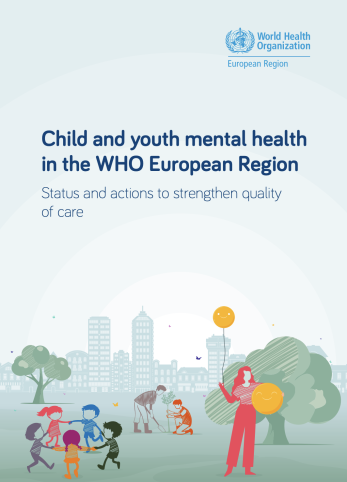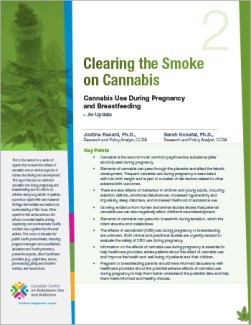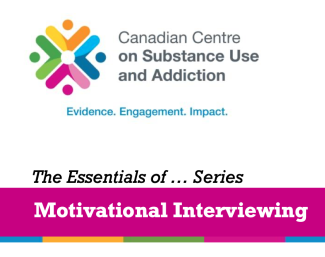Search
Treatment
Applying interventions designed to reduce and manage the symptoms of substance use disorders.
Disability mainstreaming in accessing Mental Health & SUD treatment and care
The influence of poly-drug use patterns on the association between opioid agonist treatment engagement and injecting initiation assistance
Abstract
Background
Evidence suggests people who inject drugs (PWID) prescribed opioid agonist treatment (OAT) are less likely to provide injection drug use (IDU) initiation assistance. We investigated the association between OAT...
Drug treatment management and mental health care training manual review workshop held
Proper guidelines for professionals are essential in providing quality services. With this in mind, Dhaka Ahsania Mission Health Sector organized a day-long consultation workshop on June 2, 2022, under the JPRPHRPC project supported by GIZ...
Variations in national availability of waivered buprenorphine prescribers by racial and ethnic composition of zip codes
Background
Opioid overdose remains a public health crisis in diverse communities. Between 2019 and 2020, there was an almost 40% increase in drug fatalities primarily due to opioid analogues of both stimulants and opioids. Medications for...
Patient perspectives on depot buprenorphine treatment for opioid addiction – a qualitative interview study
Background
Recently developed buprenorphine depot injections have the potential to reduce risk for diversion and misuse, and to increase adherence with fewer visits for supervised intake. However, it is unclear how patients perceive this...
A qualitative study exploring how young people perceive and experience substance use services in British Columbia, Canada
Background
Substance use among youth (ages 12–24) is troublesome given the increasing risk of harms associated. Even more so, substance use services are largely under utilised among youth, most only accessing support when in crisis. Few...
Clearing the Smoke on Cannabis: Cannabis Use During Pregnancy and Breastfeeding
This report presents the latest clinical evidence on how cannabis use during pregnancy and breastfeeding can affect a developing fetus and infant.
Key points include: the effects of cannabis can be passed onto the fetus through the...
Cognitive Behavior Therapy for Substance Use Disorders: From Theory to Practice
Cognitive Behavioral Therapy (CBT) has been found to be effective for treating a variety of Substance Use Disorders (SUDs). This webinar will review the CBT model of substance use, as well as practical treatment strategies and tools in...
Stimulants A Focus on Effective Treatment Interventions and Recovery Supports
During this webinar you will learn how to:
-Discuss research findings related to brain recovery following the use of stimulants.
-Recall evidence-based behavioural interventions found to be effective in treating people with a stimulant...
Stress, Relationships, & Substance Use Disorders An Introduction to Neuroscience Informed Counseling
During this webinar you will learn how to:
- Discuss the foundations for incorporating neuroscience into clinical practice
- Describe a neuroscience informed model of SUD treatment
- Apply a model of stress, relationship, and SUD
Stress, Relationships, and Substance Use Disorders Clinical Applications
This workshop is Part 2 of a set of presentations on the integration of neuroscience with SUD treatment. Part 1 laid a foundation for ethical practice. Part 2 describes the application of a metaphoric model of neuroscience-informed...
Real-world effectiveness of pharmacological treatments of opioid use disorder in a national cohort
Abstract
Aim
To investigate the real-world effectiveness of pharmacological treatments (buprenorphine, methadone) of opioid use disorder (OUD).
Design
A nation-wide, register-based cohort study.
Setting
Sweden.
Participants
All...
Toward a Theory of Motivational Interviewing
Abstract
The widely-disseminated clinical method of motivational interviewing (MI) arose through a convergence of science and practice. Beyond a large base of clinical trials, advances have been made toward “looking under the hood” of MI...
Using motivational interviewing in substance use disorder treatment
Effective substance use disorder (SUD) treatment requires providers to understand what an individual genuinely needs to do to change substance use behaviours. An essential element in motivational SUD interventions is helping people who...
Motivational Interviewing: Reading List
Motivational Interviewing Videos
The Motivational Interviewing Network of Trainers (MINT) has gathered a selection of videos to demonstrate core skills and techniques that are used within motivational interviewing.
You can view the collection of videos here.
Motivational interviewing for substance abuse
Motivational interviewing (MI) is a client‐centred, semi‐directive method for enhancing intrinsic motivation to change by exploring and resolving ambivalence. The intervention is used widely, and therefore it is important to find out...
The Essentials of ... Series: Motivational Interviewing
The Essentials of.... is a series developed by the Canadian Centre on Substance Use and Addiction (CCSA) that offers evidence-based guidance and practical information to enhance practice in the substance use field.
Here, you can find out...
Motivational Interviewing in Africa Webinar Series
In this webinar series, hosted by the South Africa International Technology Transfer Centre in collaboration with MI & Beyond, William Miller and Stephen Rollnick, co-founders of Motivational Interviewing engage with clinicians and...
Economic benefits of increased Hep C testing and treatment
Share the Knowledge: ISSUP members can post in the Knowledge Share – Sign in or become a member









